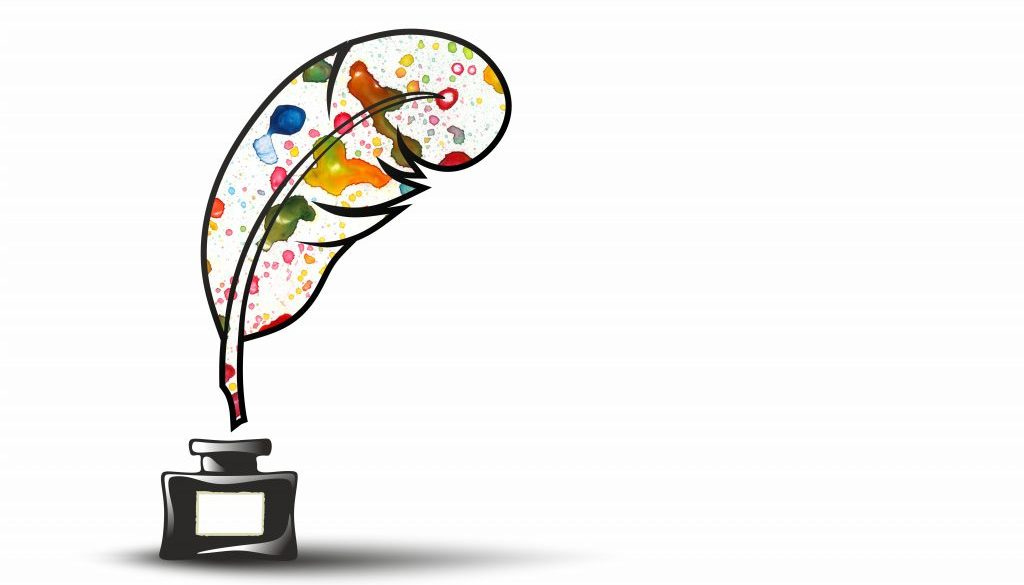A Childish Need for Certainty
a creative writing post (#34)
This is a creative writing post (#34) from my occasional series for paid subscribers, who can also leave comments on most posts. As always, email hollymathnerd at gmail dot com if you would like a paid subscription but can’t afford one.
Context: something is happening in the political world that relates to the thing my therapist probably hammers me on more than anything else. Others will write about the political implications in more depth and with greater sophistication than I will here. Assuming others are similarly affected—and I suspect they are—I think the personal aspect is more interesting.
Worldview Training
When I was a kid, the fundamentalist church we attended—as well as the school it sponsored—was obsessed with imparting a “Christian worldview”. This did not mean loving our neighbors or practicing compassion and forgiveness. It meant strict adherence to conservative political positions, essentially being able to articulate why Jesus didn’t believe in taxation and affirmatively prove that the Holy Spirit is a Republican. (A slight exaggeration, but not a caricature.)
One of the most important goals they held for us was protecting us from falling victim to what they called cults — other Christian denominations that they regarded as heretical. This included the Roman Catholic Church, believe it or not, but also the Jehovah’s Witnesses and the Mormons. I remember in particular a unit in Bible class wherein we had to study both of those religions in depth. This became urgent when both of those denominations had missionaries going door to door over a period of weeks, causing several of us kids to have conversations with them that were confusing.
The one thing they hammered us with, over and over, was that these people shared our vocabulary, but not our dictionary. They didn’t want us to be fooled into thinking that these people knew Jesus the way we did.
This was a very difficult thing for me, because at the time we were learning about these “cults,” I had a friend in the neighborhood from a Mormon family. The father had accepted a job in our area that required them to move just before the school year started. They were month-to-month renting a house in our neighborhood, and their mother was temporarily homeschooling, while they figured out what neighborhood they wanted to buy in. As they had seven kids, and some of the older ones were talented musicians and athletes, choosing the right district was crucial. My friend was the fifth, and I absolutely loved being invited to their house. The parents and kids all loved each other, and got along so well. The friendship didn’t survive their moving a few months later, but I’ve always had a positive view of Mormons since that experience.
I prayed for my friend to learn that Mormonism was wrong, but said nothing, a compromise that I wasn’t proud of but was probably the best choice I could make at the time.
I recently watched the “All About the Mormons” episode of South Park, which made me remember both my short-lived friendship and those childhood lessons about how and why Mormons were in a cult. And that sent me down an internet rabbit hole of watching Mormons and ex-Mormons alike watch and react to that episode. That, in turn, affected what the YouTube algorithm serves me, which led me to this video:
There it was in the description: Mormons share the Christian vocabulary, but not the Christian dictionary. I shivered. It’s such a simple and effective framing, one easy for schoolchildren to understand but with profound implications.
This childhood training had a lasting effect on me, one that I doubt the pastors and teachers intended.
On a positive note, it made me realize, from an early age, that there are many big words — big in the conceptual sense, if not in length — that different people use differently. That has caused me to seek clarity on many occasions, which sometimes saved me from bigger problems.
But all the other effects I’ve been able to identify were completely negative.
It taught me that I couldn’t trust anyone or anything, even if they seemed to agree with me about things that really matter. I already knew I couldn’t trust authority figures, especially male ones, but this taught me that I couldn’t trust anyone.
It taught me that I could let my guard down, be part of a group, and believe myself one of them, but really not be one of them at all.
It taught me that I could never relax and feel certain about anything.
It played a huge role in creating one of the ongoing yearnings of my life—one of the things that most consistently causes me frustration, sadness, and misery.
I have what my therapist calls “a childish need for certainty.” I want to be sure, and then to be sure that I’m sure.
Little wonder that I ended up in mathematics, the field where the pinnacle of success is writing an airtight proof, a logical argument that results in absolute certainty about something.
This childish need reveals itself most clearly when I’m right about something that I can’t necessarily prove, so my certainty feels dangerous or even crazy.
There’s a major political upheaval happening that’s reminded me of this most powerfully.
Extra space to allow for the “unlock one post free” option that Substack offers on paywalled posts, in order to give free subs a chance to see what they’re missing.
Keep reading with a 7-day free trial
Subscribe to Holly’s Substack to keep reading this post and get 7 days of free access to the full post archives.


